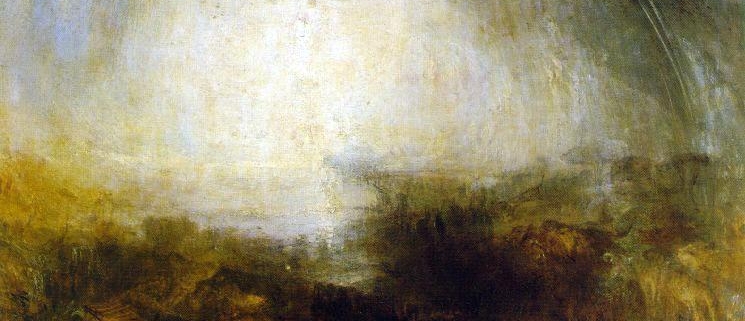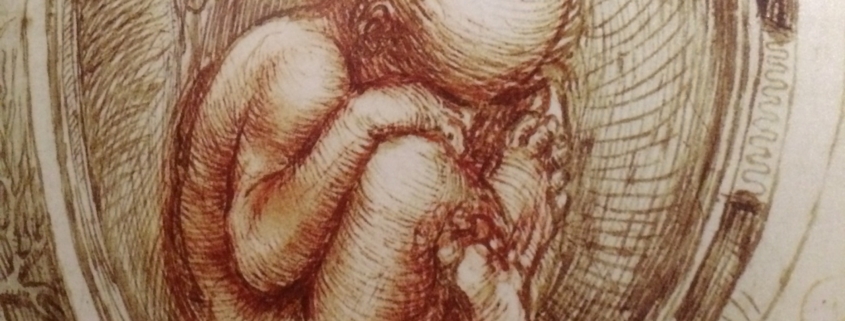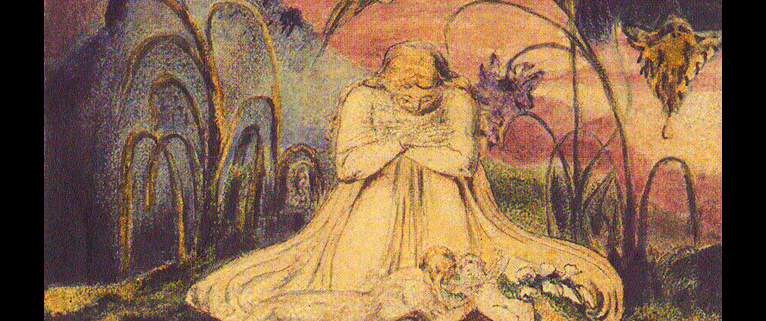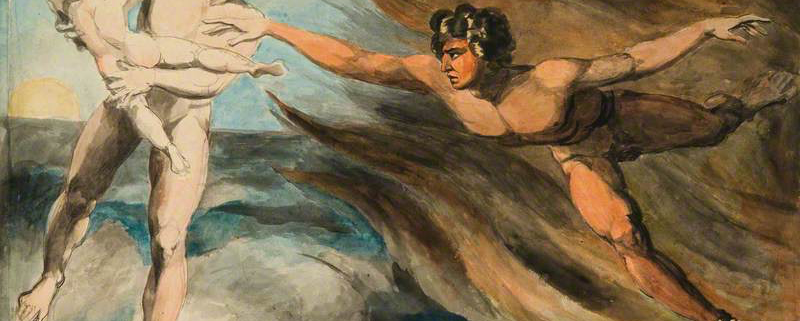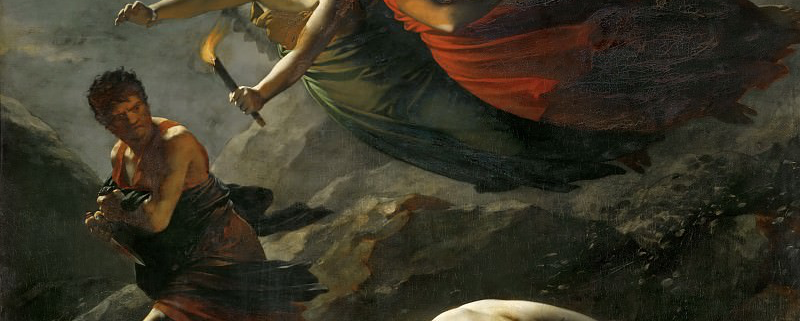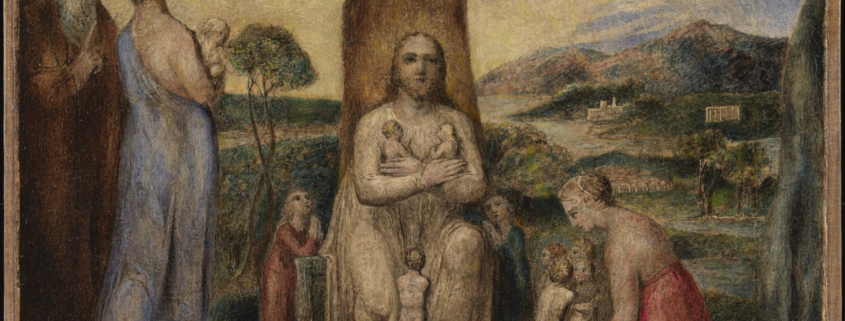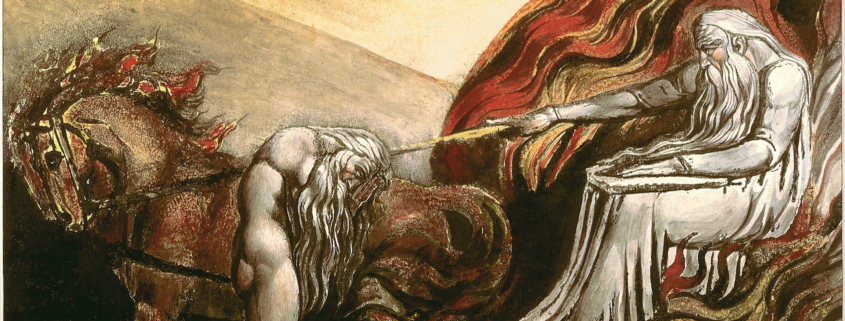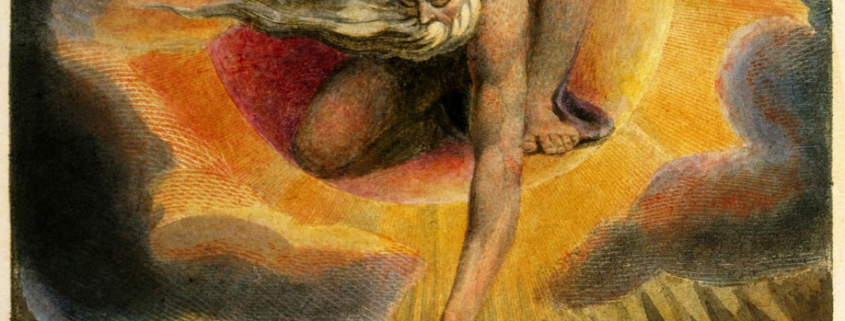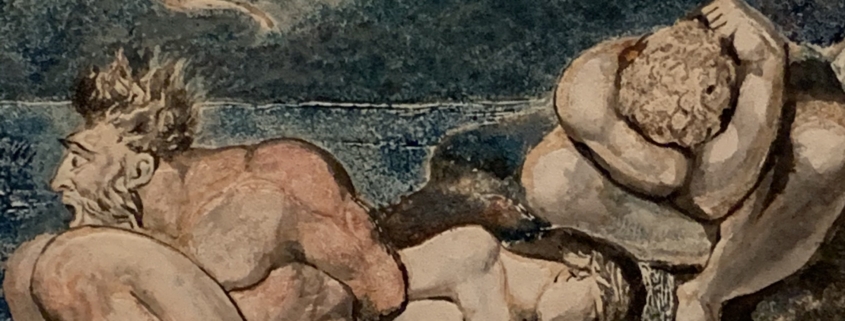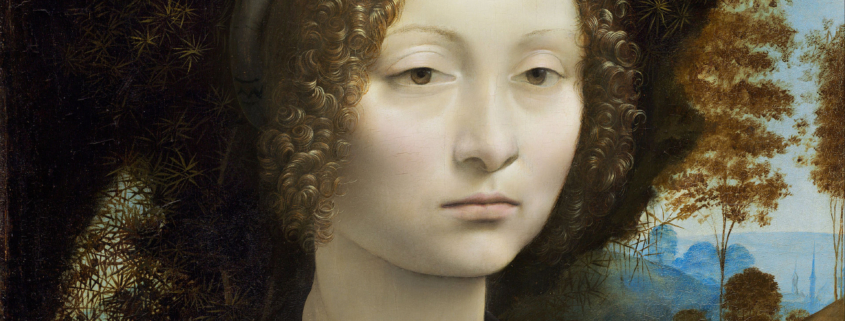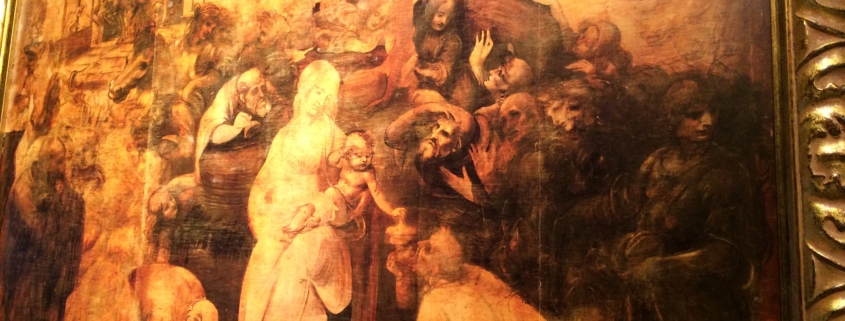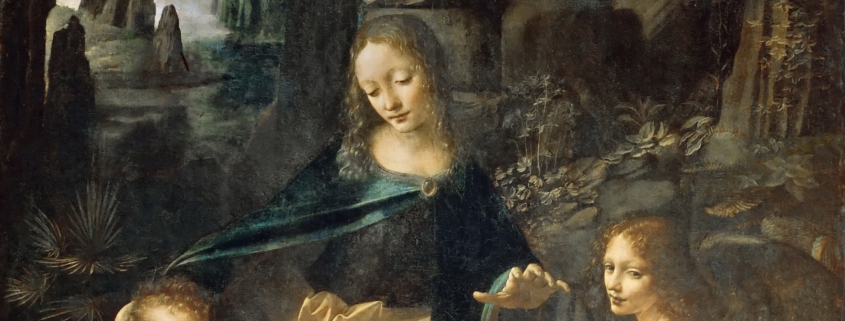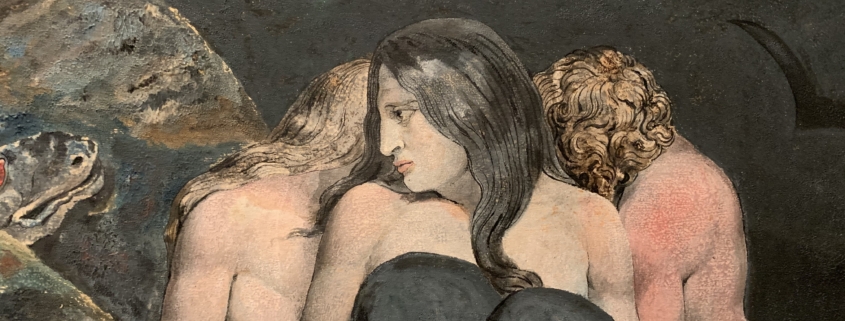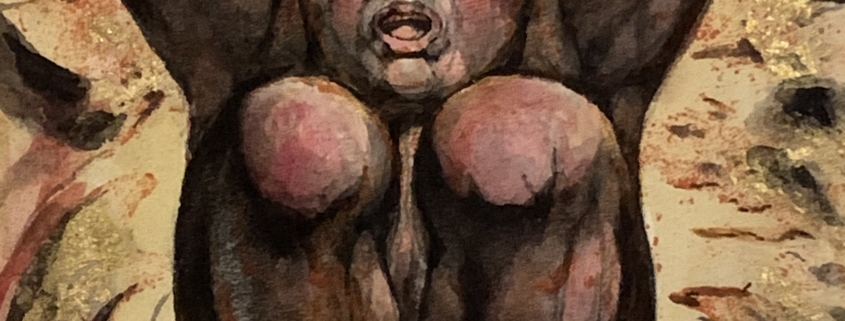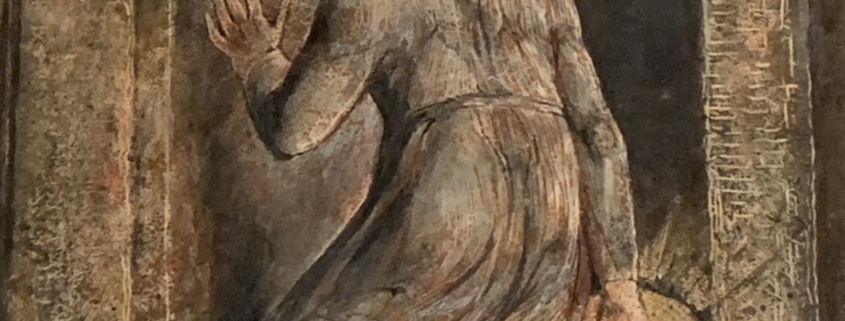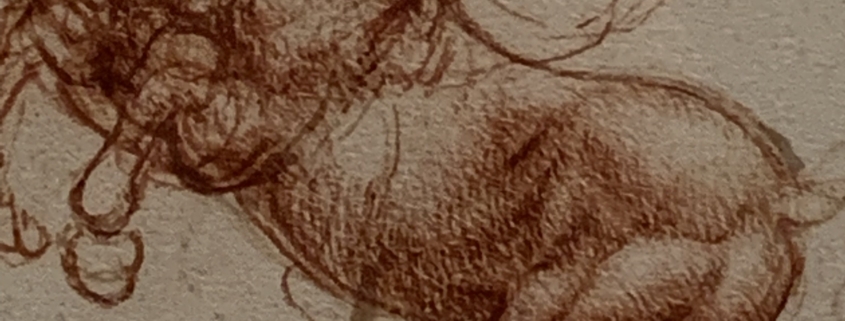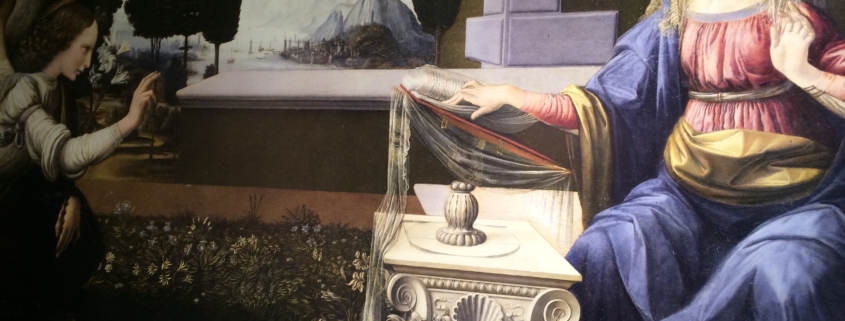Great metaphors that illustrate significant approaches to innovation
Souriau believed that, ’To invent you must think aside.’ When the situation is blocked, straight thinking must be superseded by the search for flashes of adjacent possibilities which will unblock it. Metaphors serve to enlighten us on how to see the world, by offering us the chance to think about ideas in different ways. They offer a number of insights into how we can all think slightly more ‘askew’.
Do certain transformational metaphors illustrate some key approaches to creativity?
This article will explore the nature of metaphor and how it encapsulates the heart of the imaginative process. It will also show how we can make the cognitive leap ourselves and suggest how metaphors can be best used to initiate breakthroughs in our own thinking.
How do we come up with innovative ideas? The creative act does not create something out of nothing like in the Old Testament; it uncovers, selects, reshuffles, combines, synthesises already existing facts and ideas. Souriau believed that, ’To invent you must think aside.’ When the situation is blocked, straight thinking must be superseded by the search for flashes of adjacent possibilities which will unblock it. Metaphors offer a number of insights into how we can all think slightly more ‘askew’.
The ‘truancy’ approach embraces the wait
‘The ball I threw while playing in the park, has not yet reached the ground…’ This approach sets up the need for a deferral, a dwelling time as a way to open up further possibilities in our thinking and allow understandings to reveal themselves. It suggests that we need to find ways to detour and […]
Unfinished Perfection – Seven approaches to learning exemplified by Da Vinci
Divine lightning versus inventive approaches It’s all too easy to think of any creative genius as resulting from humanity touched by divine lightning. All too easy, and not really that helpful to any of us as educators or learners. Our interest tends to be far more pragmatic. The life of a polymath such as Leonardo […]
Interrogating reality – How we attend is key to learning
We need educational experiences that offer new perspectives, which are punctuated by shocks of awareness, that serve to engage our attention. To break up our familiarities. To wash away from our soul, in Picasso’s words, ‘the dust of everyday life.’
Reinventing English
Gradgrind’s long shadow seems to have found its way into a good number of classrooms disguised as ‘rigour’. It promotes a cowering use of language, not just in the shadow of Squeers and Gradgrind, but also in the shadow of the Classics, where it is treated as a dead language, idealized, codified, monolithic, written not spoken. The fact that language is creative as well as subject to formal structures seems to have been elbowed aside in favour of a tough backdoor ‘back to basics’ approach.
Twenty ways to nurture conscious ignorance and a beginner’s mind
What might Montaigne’s assertion that, ‘only fools make up their minds and are certain’ look like in a school classroom? What are the best ways to create the uncertainty that fuels learning? How do we develop learners that look to multiple academic disciplines and make connections between them? How can we set up classrooms that offer genuine surprise, complexity and independence?
Trying on the world – The case for drama
The underlying purpose of drama is to be disruptive – to question, to unsettle. In classroom terms this simply means that the techniques of drama and dramatic texts are a powerful way to encourage learners to ask questions, challenge assumptions and, challenge complacent thinking. Drama does this through emotional and cognitive empathy, offering the possibility of catharsis, and through engaging with real and hypothetical situations and concepts that might underpin or inform texts and performance. Alan Bennett has said that there are moments in our collective pasts when ‘history rattles over the points’. Drama enables us all to hear that noise.
Some Key Threshold Concepts for English
Why is English as a subject, with its vigilant regard for language and stories, so bad at writing its own narrative? Can we articulate with confidence what knowledge in English yields the greatest cognitive benefit? Perhaps our curse is that we have swathes of wonderful but quite random content at our disposal. What should students […]
Maintaining academic momentum – The case for studying short stories
Hemingway’s iceberg theory is the clue. He compares an iceberg with the ways a writer leaves out information: ‘The dignity of movement of an iceberg is due to only one-eighth of it being above water’. In so many short stories, the reader is drawn to try and see those hidden seven-eighths – they are concealed and they are concealing. Finding the language to unravel these questions becomes the ‘hook’ for the reader. Whose voice do we hear when we read the story? Why does that voice think that what it has to say is important?
Perfecting attention – The case for poetry
Engaging the intellect and the heart are not two mutually exclusive aims. One informs the other and together they create what Seamus Heaney calls a fluid movement between the reader’s innermost mind and what they think about on the surface. The surface shows us craft and technique. Identifying and naming techniques adds to the student’s linguistic universe.
The power of literature to drive learning
Knowing things, in Saul Bellow’s phrase, allows us to open the universe a little more. Imparting contextual knowledge through literature is highly significant. We can’t give learners shortcuts to cultural capital, but we can teach them how to invest in a world lived differently.
Books – The way we navigate the ground between school and the real world
The characters and situations we meet through reading teach us how we might think and live – and adapt – in the modern world. If stories are the engine, reading and books are the route; absorption, talk and writing are the destination. Reading is much more than a ‘decoding’ exercise used to access knowledge in a mechanical way. Instead it is the means to explore shades of meaning, to reach a place where students can interpret the words as well as read them?
Knowledge versus thinking skills: the debate over Hirsch’s Core Knowledge curriculum
The breadth-versus-depth problem in education is perennial and real, as is that of the integration of knowledge. Breadth is not the enemy of depth. Knowledge is not the death of skills. If pupils already know something about a subject, they are far more in control of the acquisition of new understanding and are able to better contextualise what they find out when they do look it up.
Creating a culture of excellence: five strategies
If we want learners to achieve their full potential and access the highest grades, we need to establish a culture which promotes excellence. But what are the characteristics of an excellence culture? Here are five principles for starters, based on insights I’ve drawn from my work with schools.
Rich Tasks
Rich tasks cover basic areas of learning but also allow for extension far beyond them. Based on genuine exploration, intellectual excitement and challenge, making sure that the tasks you set in class are rich expands your options and makes the learning more enjoyable for both pupil and teacher.
Use these 10 key principles for identifying and setting rich tasks to make your lessons more stimulating for all pupils.
Task differentiation
For a lot of teachers, differentiation can mean endlessly tailored versions of different worksheets. A richer and more straightforward differentiation sets tasks that avoid the rigidity of tiering your class.
Use these 10 approaches to task differentiation to spice up your planning.
Subject specific criteria for the identification of most able students (alongside some of the main problems encountered by schools with regards to the achievement of the top grades per subject).
The following Subject Specific Criteria for the identification of the more able came from a programme with many state and independent schools. They are certainly not a final list, but they are useful provocations to spark a debate within departments. It focuses the conversation on what skills are important to teach and focus on within a subject. It is here alongside some of the main problems encountered by these schools in achieving top grades in these subjects.
There are no last page conclusions to learning
Too often we seek a false consensual certainty, simply because it is acceptable or reassuring. It’s important to reject this compulsive cramping ideal and to choose to live with complexity; our ability to hold doubt, suspend judgement and accumulate additional information allows growth. We need to accept that when it looks as though we have the answer, we may well only have frozen the evolution of our understanding into a static order.
Ways to take learners into texts
A really powerful way to begin a new text can happen through the way you prepare the classroom for the first encounter with the text: bring the learners into the world of the text, rather than bring the text into the world of your classroom.
Why are difficult texts so necessary?
‘Manageable gaps’ and why they are important as hooks Jacqueline Wilson gives her number one tip for writers as ‘read lots, because it teaches you how to create’. By ‘lots’ she implies a wide range of texts, from simple to challenging. However, some teachers deny that their students would ever ‘get into’ the great works, […]
Approaches to improve creativity and innovation; ways to marry the intuitive and the cognitive
Talent hits a target that no one else can hit. Genius hits a target no one else can see. But it’s all too easy to think of any creative genius as resulting from humanity touched by divine lightning. All too easy, and not really that helpful to any of us as educators or learners. Our interest tends to be far more pragmatic…
What are the ‘Big Ideas’ in writing?
What is the Big Idea of, in this case, writing? To make the audience hear, feel and see. What are the tricks and turns of the trade? How do we help learners discover the ground rules of writing, how do we make the ‘craft’ of telling stories visible and learnable?
High Performance; How to find the right fuel for Ignition rather than Burnout
How to find the right fuel for Ignition rather than Burnout? The metaphor of Formula 1 and the importance of finding the right ‘fuel’ to power our potential high performers works quite well to describe how best to meet the needs of higher ability students. It had to be a fuel that ignited and powered […]
How can teachers encourage student independence?
Don’t unconsciously prejudge outcomes or define the parameters of inquiry. Often it is only by letting our students off the lead that we find out what they are capable of achieving…
How does More Able education justify its own existence?
‘More Able’ education has many unfortunate associations for some colleagues in terms of elitism, giving more to those that already have, the concept of chosen ones and the lack of focus on commitment. It also hasn’t appeared to address itself to the big ‘so what’ and ‘why bother’ questions. How do we frame it and how do we as educators address these big questions? How does ‘More Able’ education justify its own existence? How do we persuade our colleagues that it matters? How do we demonstrate that it has something to offer?
Why Is Risky Teaching Better Than Cruise Control?
There is a peculiarly cloying brand of teaching that seemingly treats the most able as being highly delicate and fragile orchids who require special tending. The lack of ignition is a far more serious problem in UK schools than the risk of burning out. The failure across much of the educational system is that students have no fires lit anywhere near them. As a result students are less likely to feel the sense of flow that comes from enthusiasm and engagement…

